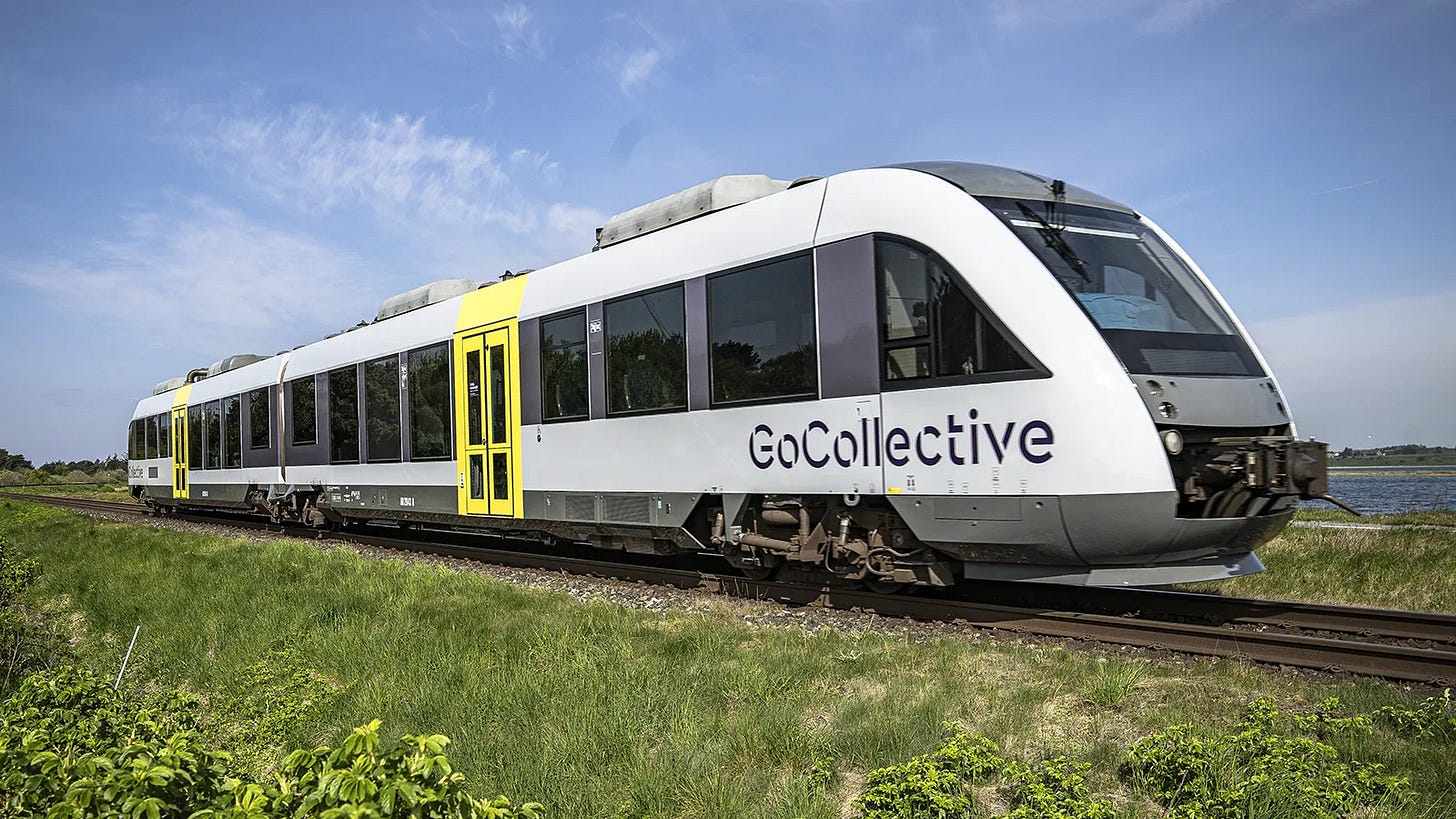Denmark moves to terminate GoCollective rail contract

Danish Transport Minister Thomas Danielsen has announced plans to transfer regional rail operations from private operator GoCollective to state-owned DSB, citing persistent service failures and contract breaches. The move affects approximately 25% of Denmark's rail network and 10 million annual passengers.
The decision follows a series of operational crises, including 46 train cancellations on the local Jutland railway Thybanen in a single week during August. GoCollective operates regional services across Jutland and other Danish regions as the country's largest private transport operator with over 2,000 employees.
Contract transfer costs and timeline
Minister Danielsen expects the transfer to cost "several hundred million" Danish kroner, though no specific timeline has been announced beyond seeking the "fastest possible" transition. The minister had previously threatened GoCollective with what he called a "historically large fine" for operational failures.
The termination marks a significant reversal in Denmark's rail liberalization efforts. GoCollective won its current contracts through competitive tendering, part of Denmark's strategy to introduce competition into regional rail services. The company has attributed recent problems to an unusual number of trains requiring workshop maintenance due to acute technical failures.
From Arriva to GoCollective
GoCollective is the former Arriva Denmark, which was sold separately from Arriva's other European operations to German investment fund Mutares in 2022. The rebranding to GoCollective occurred in 2023, following the ownership change. Mutares, known for acquiring and restructuring underperforming businesses, has faced challenges maintaining service quality standards required in Danish rail contracts.
Implications for Danish rail liberalization
The forced transfer to DSB raises questions about Denmark's commitment to competitive tendering in regional rail services. While Denmark has successfully liberalized some routes, this decision suggests limits to private sector participation when service quality deteriorates.
"We want a peaceful transfer of GoCollective's contract to DSB," Danielsen told Danish media, emphasizing that the operator had breached its contractual obligations.
The move comes as other European countries reassess their approach to rail liberalization, balancing competition benefits against service reliability requirements. Denmark's experience may influence ongoing debates about the Fourth Railway Package implementation across the EU.

